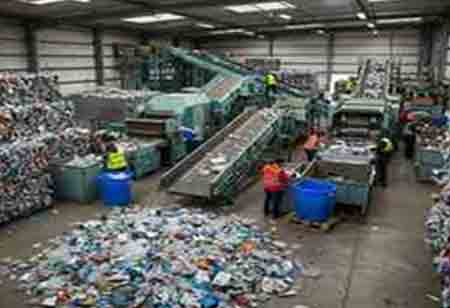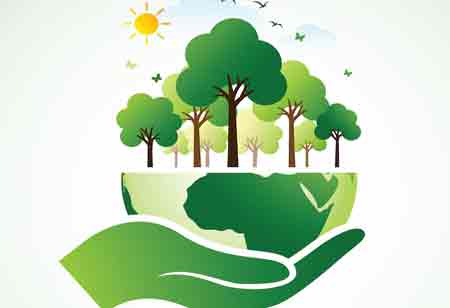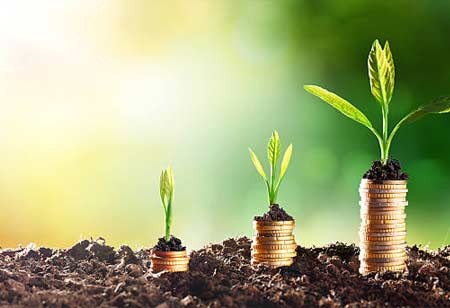Thank you for Subscribing to Environmental Business Review Weekly Brief
An In-Depth Exploration of the Benefits of Plastic Recycling
Plastic has become an integral part of modern society, offering unmatched convenience and versatility across a wide range of industries.

By
Environmental Business Review | Friday, August 29, 2025
Stay ahead of the industry with exclusive feature stories on the top companies, expert insights and the latest news delivered straight to your inbox. Subscribe today.
Fremont, CA: Plastic plays a vital role in modern society, offering unmatched convenience and functionality across virtually every industry. Its lightweight, durable, and versatile nature makes it indispensable in applications ranging from food packaging to healthcare products. However, the widespread use of plastic has also created one of the most pressing environmental challenges of our time. Each year, millions of tons of plastic waste are produced globally, much of which ends up in landfills or the ocean, contributing to environmental pollution and endangering wildlife. Plastic recycling presents a practical and effective solution to help address these issues.
Recycling used materials minimizes the impact on natural resources, energy usage, and greenhouse gas emissions. Furthermore, the advantages of plastic recycling mitigate the growing problem of overflowing landfills, preserving the environment for future generations. Recycling plastic offers significant advantages for the environment while also creating economic prospects, such as job creation and the growth of sustainable industries.
Overall, the benefits of recycling plastic are more than just doing something; it is a critical step toward a circular economy that leads to a clean and healthy environment. Many industries now collaborate with Plastic recycling service companies to promote sustainability and meet eco-friendly production standards.
The Impact of Plastic on Packaging Industry Trends:
Plastic's versatility and cost-effectiveness explain why it is the dominant packaging material. Its lightweight yet sturdy design protects the items it transports while also reducing transportation expenses. Furthermore, it prevents moisture and contaminants from entering the product, thus ensuring its safety and quality while encased.
Plastic is responsible for the designs used by manufacturers to create packaging that meets all of their needs. Plastic, as valuable as it is, emphasizes the importance of recycling to mitigate its environmental impact. The benefits of plastic recycling are crucial in mitigating these effects, conserving valuable resources, and promoting sustainability.
Key Advantages of Plastic Recycling:
Recycling plastic uses less energy than making new plastic from untouched resources. Recycling also lessens the need to extract raw materials, which benefits ecosystems and prevents deforestation. It protects wildlife and nature by preventing plastics from entering the ocean and other pristine environments.
Plastic recycling has enormous social advantages. It provides the idea that members of society accept responsibility and raise awareness about sustainability. Plastic recycling also reduces waste products in public locations. As a result, public health and safety are improved because the risk of water and food contamination is reduced, as is the possibility of injury caused by plastic waste.
Recycling efforts are important in maintaining social equity because they not only create environmentally friendly jobs but also improve livelihoods while developing skills, particularly in underserved areas; as a result, social unity is achieved when communities come together and unite to do something great to reduce negative environmental impacts.





